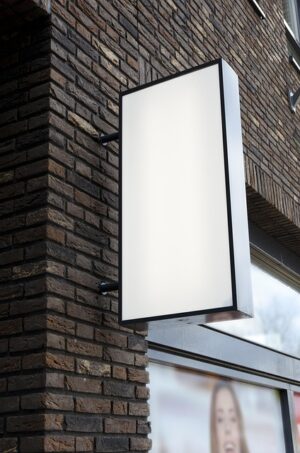Commercial electric boilers offer a sustainable and efficient alternative to traditional gas or oil systems, eliminating on-site emissions and reducing carbon footprints. They provide environmental and operational benefits, including high energy efficiency, cost savings, and adaptability for large institutions. By shifting to clean-burning electric heating systems, businesses can improve air quality, reduce greenhouse gas emissions, and embrace a greener future while aligning with renewable energy strategies.
In today’s environmentally conscious landscape, businesses are increasingly seeking sustainable heating solutions. Clean-burning commercial electric boilers emerge as a game-changer, offering zero on-site emissions and a promising path towards a greener future. This article delves into the world of commercial electric boilers, exploring their technology, environmental benefits, and practical implementation, ultimately guiding businesses towards making informed decisions for both operations and sustainability. Discover how these advanced systems contribute to a more eco-friendly approach to heating.
- Understanding Commercial Electric Boilers
- The Environmental Impact of Conventional Boilers
- Clean Burning Technology Explained
- Benefits for Businesses and the Environment
- Implementing Zero-Emission Commercial Heating Systems
Understanding Commercial Electric Boilers
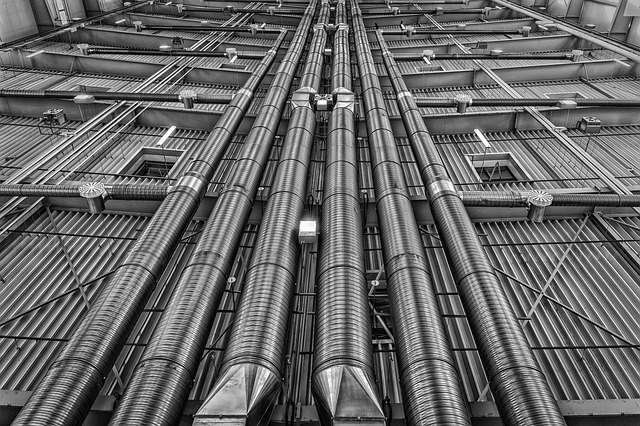
Commercial electric boilers have evolved to become a preferred choice for many businesses and institutions seeking sustainable heating solutions. These advanced systems differ from traditional gas or oil-fired boilers by utilizing electric heating systems to generate heat, resulting in zero on-site emissions. The transition to commercial electric boilers signifies a significant step towards reducing carbon footprints and improving indoor air quality, especially in densely populated urban areas.
These boilers offer not just environmental benefits but also operational advantages. High-capacity electric boilers can efficiently meet the substantial heating demands of large facilities, such as hospitals, schools, and commercial offices. Their energy-efficient design minimizes energy wastage, making them a cost-effective option. Moreover, modular boiler systems and electric steam boilers provide flexibility and adaptability, allowing for easy expansion or retrofitting to accommodate changing institutional heating needs.
The Environmental Impact of Conventional Boilers
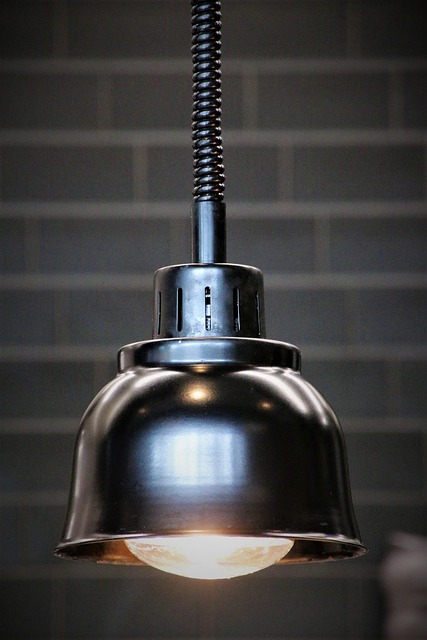
Conventional boilers, predominantly fueled by fossil fuels like natural gas or oil, significantly contribute to environmental degradation due to their on-site emissions. These emissions include carbon dioxide (CO2), nitrogen oxides (NOx), and sulfur dioxide (SO2), which are major contributors to climate change, air pollution, and acid rain. In urban areas, where many commercial and institutional buildings are located, these pollutants exacerbate respiratory issues and cardiovascular diseases among residents.
Moreover, the burning of fossil fuels in conventional boilers poses a threat to both local and global ecosystems. The extraction, transportation, and storage of these fuel sources release additional greenhouse gases and contribute to biodiversity loss. In contrast, clean-burning commercial electric boilers offer a sustainable alternative by eliminating on-site emissions, thereby reducing the carbon footprint of heating systems and promoting a greener environment, especially when powered by renewable electricity sources. This shift towards electric heating systems, such as high capacity electric boilers, modular boiler systems, and electric steam or hot water boilers, is a significant step in the transition to more energy-efficient commercial HVAC (heating, ventilation, and air conditioning) systems.
Clean Burning Technology Explained
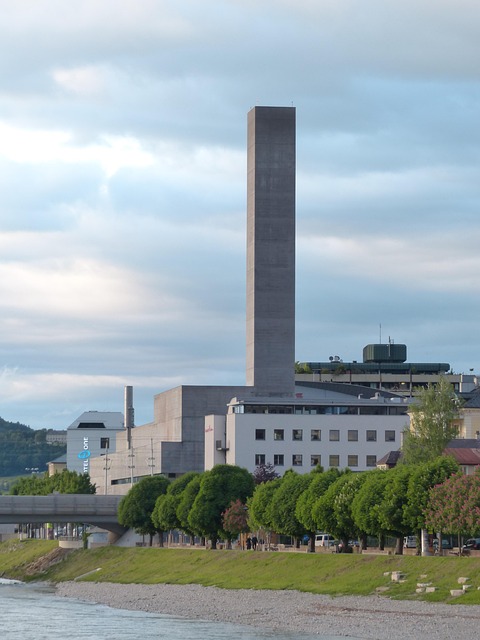
Clean-burning technology in commercial electric boilers revolutionizes institutional heating by eliminating on-site emissions entirely. Unlike traditional gas or oil-fired boilers, these advanced systems harness electric heating to produce hot water and steam with zero pollution. This not only improves air quality but also reduces greenhouse gas emissions, contributing to a greener environment.
Electric heating systems power these commercial boilers, leveraging efficient electric steam boilers or hot water boilers. High capacity electric boilers are designed for robust performance in large facilities, while modular boiler systems offer flexible solutions tailored to specific institutional heating needs. In terms of energy efficiency, these technologies outperform their fossil fuel counterparts, making them a compelling choice for environmentally conscious businesses and institutions looking to adopt cleaner, more sustainable commercial HVAC systems.
Benefits for Businesses and the Environment

Businesses and institutions across various sectors can significantly benefit from adopting clean-burning commercial electric boilers. By transitioning from traditional fossil fuel-based heating systems to electric heating solutions, organizations can achieve substantial reductions in on-site emissions, contributing to improved air quality and a more sustainable future. Electric heating systems, particularly high capacity electric boilers and energy-efficient models, offer a greener alternative for institutional heating, including applications in commercial HVAC systems and modular boiler installations.
The environmental impact is profound, as these advanced commercial electric boilers eliminate direct greenhouse gas emissions from the building’s operations, helping to mitigate climate change. Moreover, electric steam boilers and electric hot water boilers can be integrated into renewable energy strategies, allowing businesses to further reduce their carbon footprint. This shift not only benefits the environment but also often translates into cost savings and improved operational efficiency for commercial boiler technology users.
Implementing Zero-Emission Commercial Heating Systems
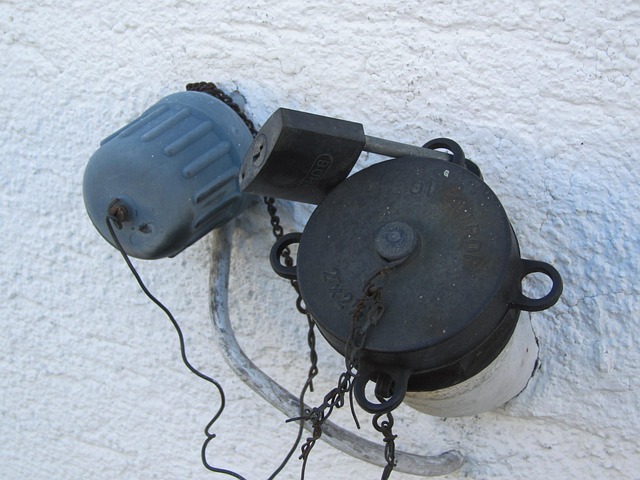
The transition to clean-burning commercial electric boilers offers a promising path toward achieving zero on-site emissions in various industries. Commercial electric boilers, powered by renewable energy sources, have emerged as a sustainable alternative to traditional fossil fuel-based heating systems. By leveraging advanced electric heating systems, these boilers can significantly reduce carbon footprints while ensuring high efficiency and reliable performance.
Implementing zero-emission commercial heating systems, such as electric steam boilers or hot water boilers, is not only an environmentally conscious choice but also a strategic move for businesses aiming to enhance their energy efficiency. Commercial boiler technology has advanced to provide modular, scalable solutions suitable for institutional heating demands, ranging from large-scale industrial applications to smaller, more compact spaces. High-capacity electric boilers are designed to meet the strenuous heating needs of modern facilities, ensuring comfort and sustainability without compromising on performance or cost-effectiveness.
Commercial electric boilers represent a significant step forward in sustainable heating solutions. By eliminating on-site emissions, these clean-burning technologies not only reduce businesses’ environmental footprint but also contribute to improved air quality and public health. As the world shifts towards a greener future, adopting zero-emission commercial heating systems becomes not just an option but a responsibility. Commercial electric boilers offer a practical, efficient, and eco-friendly alternative that can drive positive change in today’s business landscape.





